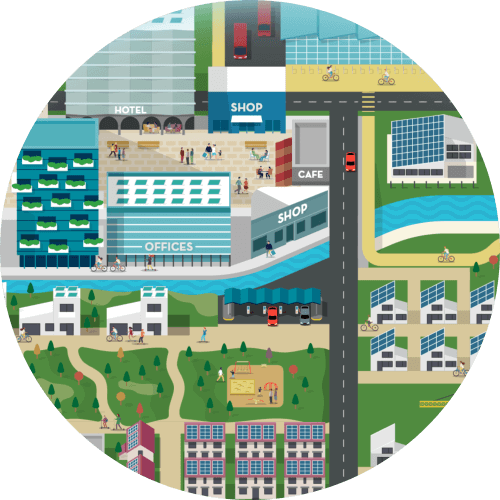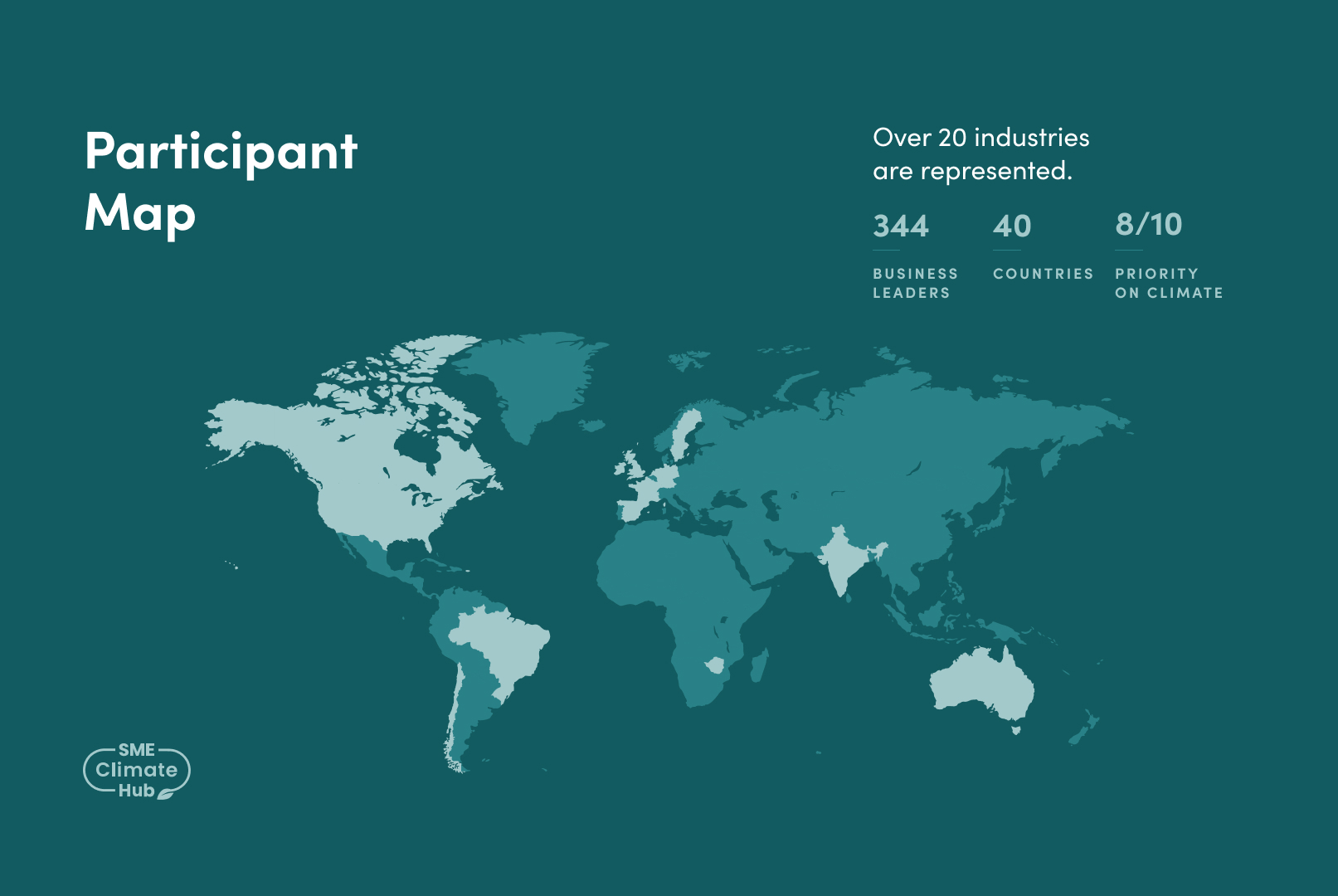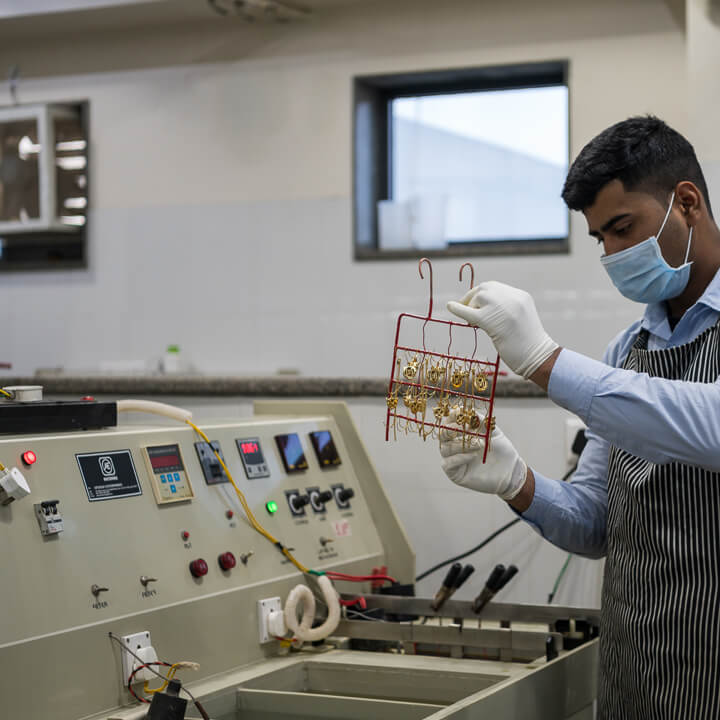Legacy Vacation Resorts Finds Cost-Savings, Community through Climate Action
Climate change spares no industry, but few have felt the effects firsthand like tourism—just ask SME Climate Hub member Legacy Vacation Resorts.
“During this past summer, our resort guests felt the consequences of multiple wildfires, extreme heat, drought, red tide, and a hurricane,” says Jared Meyers, chairman of Legacy Vacation Resorts, the United States’ first multi-state resort hospitality company to achieve B Corp certification. “Our company can’t survive if extreme weather events worsen and become more frequent.”
However, Meyers notes company livelihood is far from the only reason to take critical climate action. “As bad as it was for us, we saw those who were least responsible for climate change suffer the most.”
These are among the many reasons Legacy Vacation Resorts built planet-friendly practices into its company ethos. “Addressing our climate challenges makes our company more resilient,” says Meyers.
Today, Legacy Vacation Resorts is working toward an important SME Climate Hub milestone: halving Scope 1 and 2 carbon emissions by 2030. Their progress over the past two years, such as transitioning several properties to solar energy, provides valuable lessons and action plans for business owners within and well beyond the tourism industry.
Cost-savings through climate action
Legacy Vacation Resorts is proof climate action pays off. The company, which has properties across Florida, Colorado, New Jersey, and Nevada, began working to offset its carbon footprint in 2019 and has already seen roughly a 4% decrease in greenhouse gas emission. Meyers says the climate-action process opened his team’s eyes to key cost-savings.
“With the addition of onsite solar panels currently rolling out at our Indian Shores, Florida, location, this resort’s energy will transition to 78% solar—saving us 51% on our electricity bill, and reducing our total carbon footprint by 1.71%,” he says. “If 100% of the electricity at Indian Shores was covered by solar, it would reduce our footprint by 3.36%.”
Given these budget and climate-friendly outcomes, Legacy Vacation Resorts is now expanding solar efforts to its other properties in Florida, along with a host of other emission-reduction strategies. This includes completing LED retrofits in Reno; spearheading water-usage-reduction projects in several Florida properties; eliminating single-use plastics, and using programmable thermostats in the Indian Shores location. “In the near future, we hope to begin tracking and offsetting Scope 3 emissions,” says Meyers, noting reduction strategies are in progress.
Small business, big influence
For small businesses, the idea of tackling an issue as immense as climate change can feel overwhelming. How much can one small business really do? “A lot,” Meyers says. “Small businesses can and should chart a path toward net zero, and they should do so transparently, publicly, and in accordance with Science Based Targets,” he notes. “This will help their positive actions spread and add to the momentum.”
Speaking of momentum, small businesses may not realize the individuals—or the clients and employees—they inspire along the way. “Our guests love our mission and contribute to it voluntarily through an environmental contribution during their hotel checkout,” says Meyers. As part of the company’s 1% for the Planet membership, Legacy Vacation Resorts also donates 1% of all hotel revenue to environmental charities.
These climate-action strides bring their internal team together, too. “This has instilled a sense of pride in our employees. When you consider two-thirds of employees are disengaged at work, climate action was a great opportunity to unify our team around a common mission.”
Businesses have another key way to drive climate action: choosing planet-friendly partners. This is integral to Legacy Vacation Resorts’ future plans. Meyers notes the team is moving their finances and investment funds to climate-friendly institutions “so that we stop inadvertently supporting the very industries that are responsible for climate change.”
Community is key
Legacy Vacation Resorts’ path toward action wouldn’t be the same without its ever-growing community of climate-minded organizations, both within and beyond the travel industry. In fact, that was a major reason they joined the SME Climate Hub.
“We joined for the plethora of resources, the community of like-minded businesses that set similarly ambitious climate goals, and the opportunity for collaboration and sharing best practices in the process of furthering our climate action journey,” says Meyers. The SME Climate Hub has also helped the team find accountability partners that are working toward the same goals. Idea-sharing and accountability have helped Legacy Vacation Resorts think bigger.
“We are net zero [with carbon offsetting] today, but that isn’t good enough,” says Meyers, noting their net zero includes only Scope 1 and Scope 2 emissions. He says they have major plans to change that. “We must add Scope 3 emissions to our reductions as soon as possible, but by no later than 2030.”
Meyers attributes much of Legacy Vacation Resorts’ recent sustainability success to organizations like SME Climate Hub. “We started this journey about two years ago, and at that time we didn’t have access to all of the free and helpful resources now available,” Meyers says. “Being part of a community of companies that have already started will make your journey so much easier and worthwhile.” Learn how your business can access these benefits and take action today by making the SME Climate Commitment.

 Retourner
Retourner






